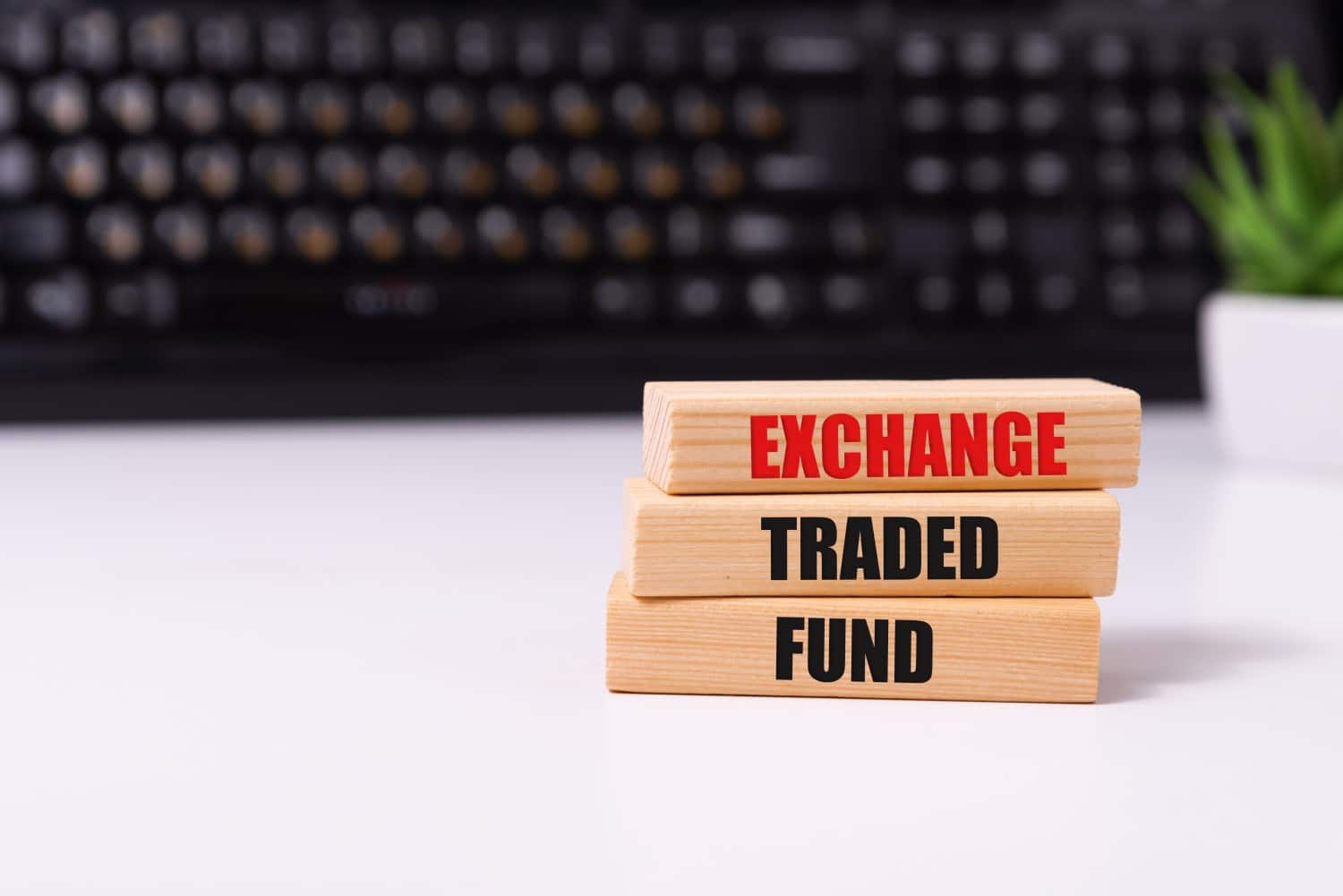What is ETF? Understanding Exchange-Traded Funds and Their Benefits
A Comprehensive Guide to ETFs: Definition, Types, and How to Invest in Exchange-Traded Funds
By reading the article “What is ETF?” Published in Adaas Capital, you are generally introduced to the concept of ETF funds in the global market. This level of familiarity can be enough when you need educational information about this topic.
The Podcast Is Published For YOU!
The word ETF stands for “Exchange Traded Fund” and means a tradable fund. ETF funds are a type of mutual fund that consists of different classes and assets and these funds are traded like stocks in global markets!
ETFs and mutual funds are created to help non-professionals in the capital market. By purchasing one or more units of each ETF, individuals put their capital under the management of capital market professionals to reduce the risk involved in investing!
One of the features of ETF funds is their ability to trade in global markets. This means that traders can trade different amounts of units of an ETF fund. Just like stock trading!
Table of Contents
What is the difference between ETFs and mutual funds?
As you have read, ETFs have a structure similar to mutual funds. On the other hand, ETF funds can be traded during the working hours of the financial markets, while mutual funds must calculate the net asset value (NAV) and the price at the end of the day and then trade them.
This difference is a feature of ETF funds, as ETFs are much more liquid than mutual funds, while ETF funds are less expensive, which on a large scale is a sheet. Winner for ETFs!
What are the types of ETFs?
Exchange-traded funds or ETF funds are classified as follows:
- Investing in stocks
- Mixed investment
- Fixed-income investment
- Currency Fund
- Industrial Fund
- Commodity Fund
- Reverse market fund
These categories have differences in buying and selling costs and different commissions and differences in trading strategies!
Fixed income fund
In this category of ETFs, the growth rate is specified and guarantees the main capital fund, which is called a risk-free investment fund!
Stock Fund
Mutual funds are less risky. In this way, the principal of the capital is guaranteed by the fund and the investor is a partner in the profit! But the fund may not be profitable for a while.
Mixed Fund
Mutual funds consist of 40% of shares and 40% of fixed income securities (deposits). The remaining 20% can be selected from bonds or stocks.
Currency Fund
Currency funds are very popular in the Forex market and are suitable for people who want to invest in the currencies of countries.
Industrial Fund
Industrial funds are suitable for people who want to invest in various industries but do not have enough knowledge about stocks and successful companies in that industry!
Commodity Fund
Commodity Fund covers precious goods such as gold and silver, as well as goods such as copper, etc.
Reverse market fund
When the market falls, people can invest in this fund to make a profit by reducing the indices!
ETF Fund Benefits
Investing in ETFs is very simple because they can be traded on the stock exchange.
Much higher liquidity than other mutual funds.
Reduce the cost of investing in various assets.
Reduced cleaning time compared to other mutual funds.
Ability to trade ETF fund units at the moment and during the working hours of the markets.
The transparency of ETF funds can be verified by the information available in the market.
Disadvantages of ETF Fund
Brokerage fees must be paid when investing in ETF funds.
The price of each unit of ETF funds is calculated by available supply and demand and may be influenced by traders’ emotional behaviors in some situations.
Investor assets are not physically delivered and people benefit from price changes.
The end words
At Adaas Capital, we hope that by reading this article you will fully answer the question “What is ETF?” Get acquainted. You can share the article “What is ETF?” Published in Adaas Investment Magazine Help us progress and help optimize this article by submitting your comments.
References
- Investopedia.com
- Wikipedia.org
- Index Funds & ETFs by David Schneider
FAQ
What is an exchange-traded fund or ETF?
The word ETF stands for “Exchange Traded Fund” and means a tradable fund. ETF funds are a type of mutual fund that consists of different classes and assets and these funds are traded like stocks in global markets!
What are the types of ETFs?
– Investing in stocks
– Mixed investment
– Fixed-income investment
– Currency Fund
– Industrial Fund
– Commodity Fund
– Reverse market fund



